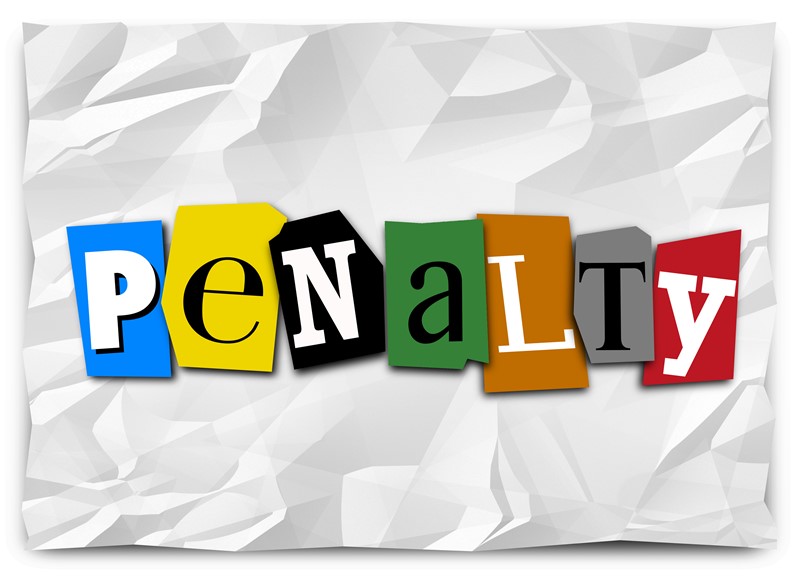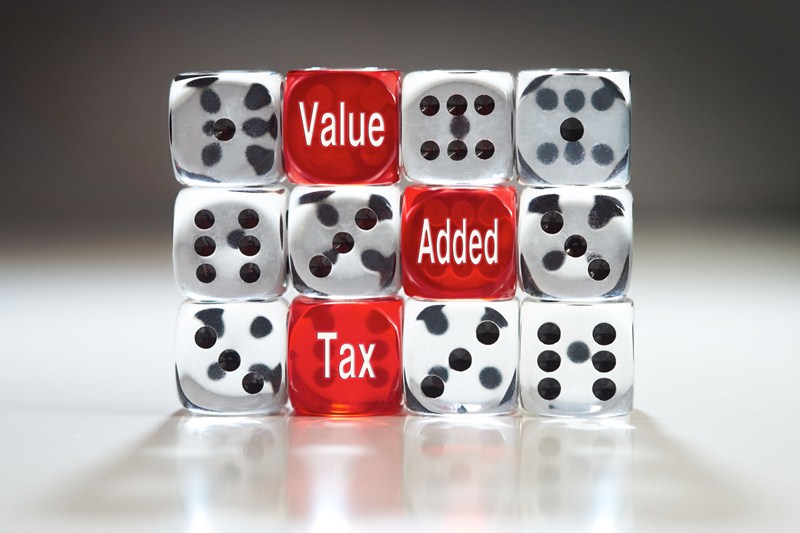
by Admin | Jan 30, 2023 | Value Added Tax
If you are required to register your business for VAT purposes you are joining that reluctant band of business owners that are obliged to collect tax for HMRC. The amount of VAT you have added to your sales, less VAT you have paid out on qualifying purchases, will be...

by Admin | Jan 12, 2023 | Value Added Tax
The taxable turnover threshold, that determines whether businesses should be registered for VAT, is currently £85,000. The taxable turnover threshold that determines whether businesses can apply for deregistration is £83,000. It was confirmed as part of...

by Admin | Jan 5, 2023 | Value Added Tax
The VAT One Stop Shop is an EU wide scheme that allows a VAT registered business to register in only one single EU Member State. The scheme was extended with effect from 1 July 2021. The extended scheme covers three special schemes: the non-Union scheme, the Union...

by Admin | Dec 22, 2022 | Value Added Tax
A new VAT penalty regime will affect all VAT registered businesses from 1 January 2023. The changes will apply to the late submission and / or late payments of VAT returns for VAT return periods beginning on or after 1 January 2023. Under the new regime, there...

by Admin | Dec 8, 2022 | Value Added Tax
There are special rules that determine the recoverability of pre-trading VAT costs. Pre-trading VAT costs describe VAT that was incurred before a business registered for VAT and is known as pre-registration input VAT. There are different rules for the supply...

by Admin | Nov 17, 2022 | Value Added Tax
A business that incurs expenditure on taxable and exempt business activities is partially exempt for VAT purposes. This means that the business is required to make an apportionment between the activities using a 'partial exemption method' in order to calculate...








Recent Comments